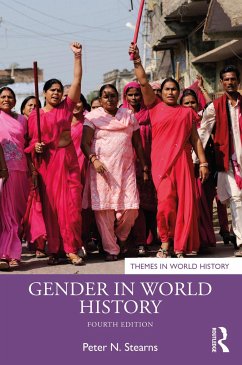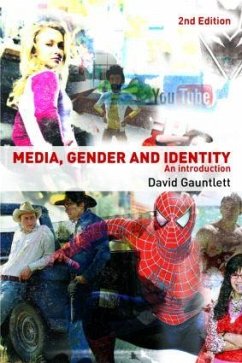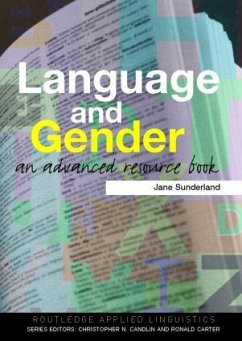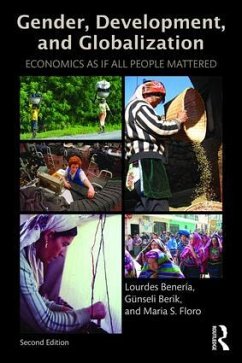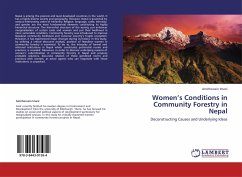
Women's Conditions in Community Forestry in Nepal
Deconstructing Causes and Underlying Ideas
Versandkostenfrei!
Versandfertig in 6-10 Tagen
32,99 €
inkl. MwSt.

PAYBACK Punkte
16 °P sammeln!
Nepal is among the poorest and least developed countries in the world. It has a highly diverse society and geography. However, Nepal is governed by various intersecting codes of hierarchy. Religion, language, caste, ethnicity, and gender are the most fundamental elements constituting its highly hierarchal structure. The hierarchal structure of the society, put enhances marginalisation of certain caste and women and put their livelihood in more vulnerable condition. Community forestry was introduced to improve Nepalese community livelihood and conserve country s fragile ecosystem. However, it h...
Nepal is among the poorest and least developed countries in the world. It has a highly diverse society and geography. However, Nepal is governed by various intersecting codes of hierarchy. Religion, language, caste, ethnicity, and gender are the most fundamental elements constituting its highly hierarchal structure. The hierarchal structure of the society, put enhances marginalisation of certain caste and women and put their livelihood in more vulnerable condition. Community forestry was introduced to improve Nepalese community livelihood and conserve country s fragile ecosystem. However, it has experienced major changes during its history. In this study, by utilizing a critical discourse analysis, position of Nepalese women in community forestry is examined. To do so, the interplay of formal and informal institutions in Nepal which constitutes patriarchal norms and practices, is revealed. Moreover, in order to discover underlying reasons of women s subordination in community forestry in Nepal and propose probable solutions, discursive relation of these gendered norms and practices with women, as active agents who can negotiate with those institutions, is unpacked.






